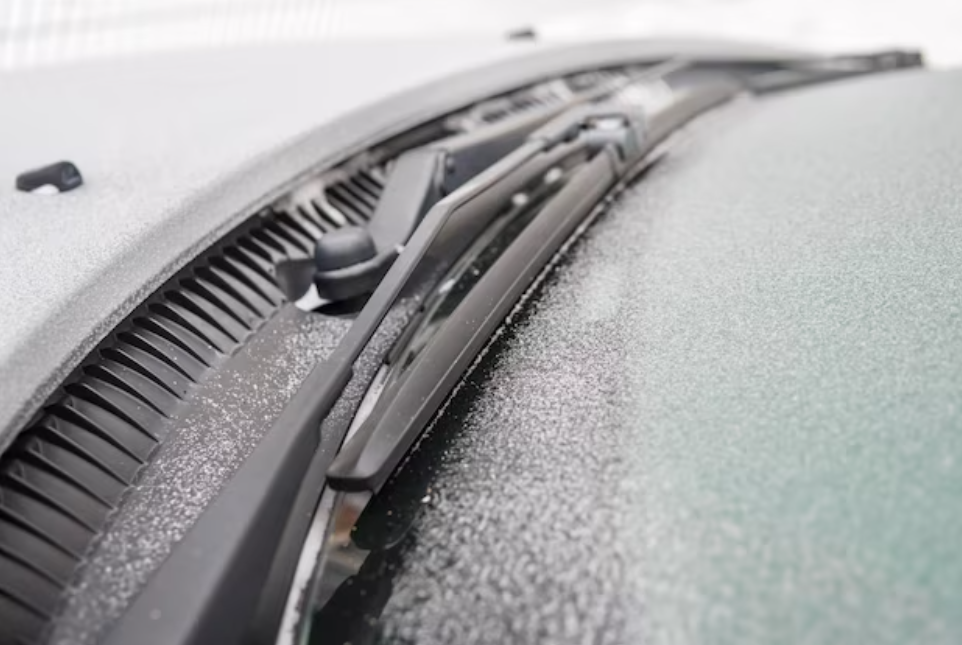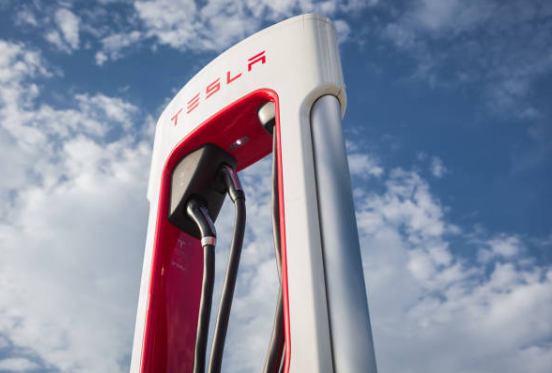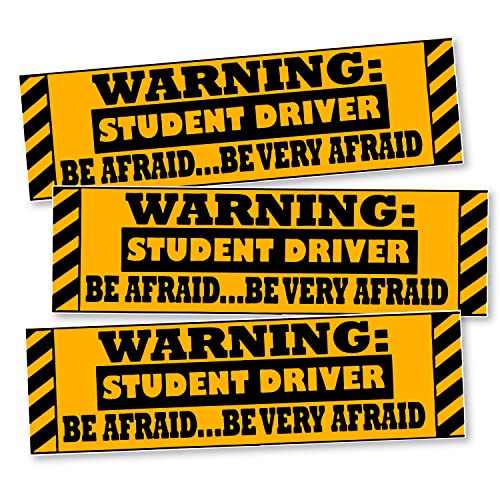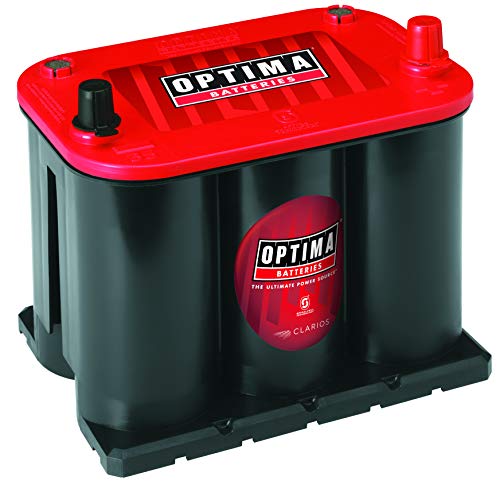Does My Car Have Active Recall?
Vehicle recalls are an important part of vehicle safety as they seek to fix defects or problems that could threaten the safety of drivers, passengers and pedestrians Recalls cover a wide range of issues that vehicle manufacturers address to ensure that their vehicles will function properly and safely.

What Do Recalls Include?
Almost any kind of problem that threatens both the driver's and the vehicle's safety may be the subject of a recall. Some examples we’ve seen include exploding, failing infotainment systems,airbags, missing bolts, corrosion, risk of fire, loss of power,exposed wiring, parts that could fall off, jerky transmissions, or unintended acceleration.

A recall indicates that a problem with a component has been found in the vehicle model you drive, and the manufacturer is working to have it fixed. A recall might occur for anything from one vehicle to millions of vehicles with the same problem.
Recalls can occur for less significant causes, such as chairs that recline suddenly, but any malfunctioning feature should be looked at to avoid hidden safety issues down the road.
Manufacturers identify these possible safety concerns through ongoing monitoring. A recall indicates that the manufacturer wants to have a dealership inspect your vehicle for these possible defects.
However, not all recalls will require the driver to stop driving their car - the manufacturer should specify whether or not this is the case for you.

Even while automakers go above and beyond to guarantee that every part of your vehicles is operating as it should, occasionally defects are discovered after the car has been put into production.
As recently as June 2022, Mercedes-Benz announced intentions to recall over 1 million older vehicles in order to inspect the brakes, while Toyota recalled 2,700 of its first electric cars to guarantee the safety of the wheels.
Car recalls are important because they guarantee that a broken item is fixed or replaced, therefore promoting the safety of both drivers and pedestrians.

The manufacturer will send you a letter explaining the cause for the recall and what you can do right away if they discover that anything is not functioning properly.
You may reach out to them by phone or email. In the event that safety concerns prompt a recall, manufacturers are required to register with the Driver Vehicle Standards Agency (DVSA).
Under its vehicle safety recall program, the DVSA requests that manufacturers recall any goods that do not adhere to strict safety regulations.
On an official website, you may conduct a search for a certain car, component, or accessory to find out whether any of them have recently been recalled.
When planning to purchase a used car from someone other than the manufacturer, it is worth finding out the history of the vehicle before you buy, to determine if there are any existing active recalls.
The seller does not have to alert the manufacturer that they have sold the car to you, and so you may be unaware of any existing recalls if you do not request proof from the seller.

- Identify the product or vehicle.
- Find the serial number, or VIN.
- Visit the official recall database relevant to the product (e.g., NHTSA for cars).
- Enter the serial number, or VIN, to check for active recalls.
- Note the recall details, including hazards and recommended actions.
- Follow the recommended actions if a recall is active.
- Keep records of verification and actions taken.
- Periodically check for new recalls to ensure ongoing safety and compliance.
Is it still possible for me to drive my car if it's under recall?
Depending on what kind of recall it is, when determining if it's safe to drive again, refer to the manufacturer's instructions.
How Do I Proceed Upon Receiving a Recall Notice?
Consider the recall notification carefully. Adhere to the manufacturer's instructions, which usually entail making an appointment for a free service call to resolve the problem.
What takes place if I disregard a recall?
Recalls might provide safety hazards if ignored. It's critical to respond to recalls quickly in order to protect both your safety and the safety of other drivers.

Recalls of vehicles are an essential part of the system that keeps cars safe and operational. Drivers may actively contribute to maintaining the safety of their cars and lowering risks by being aware of current recalls and acting accordingly. Keeping abreast of recalls is an essential part of owning a car responsibly, whether through manufacturer alerts, government recall databases, or careful study. Drivers can help make driving safer for everyone by putting safety first and responding quickly to recalls.
Click on the following link to read another blog post: Mastering Safe Roads: The Art of Defensive Driving












